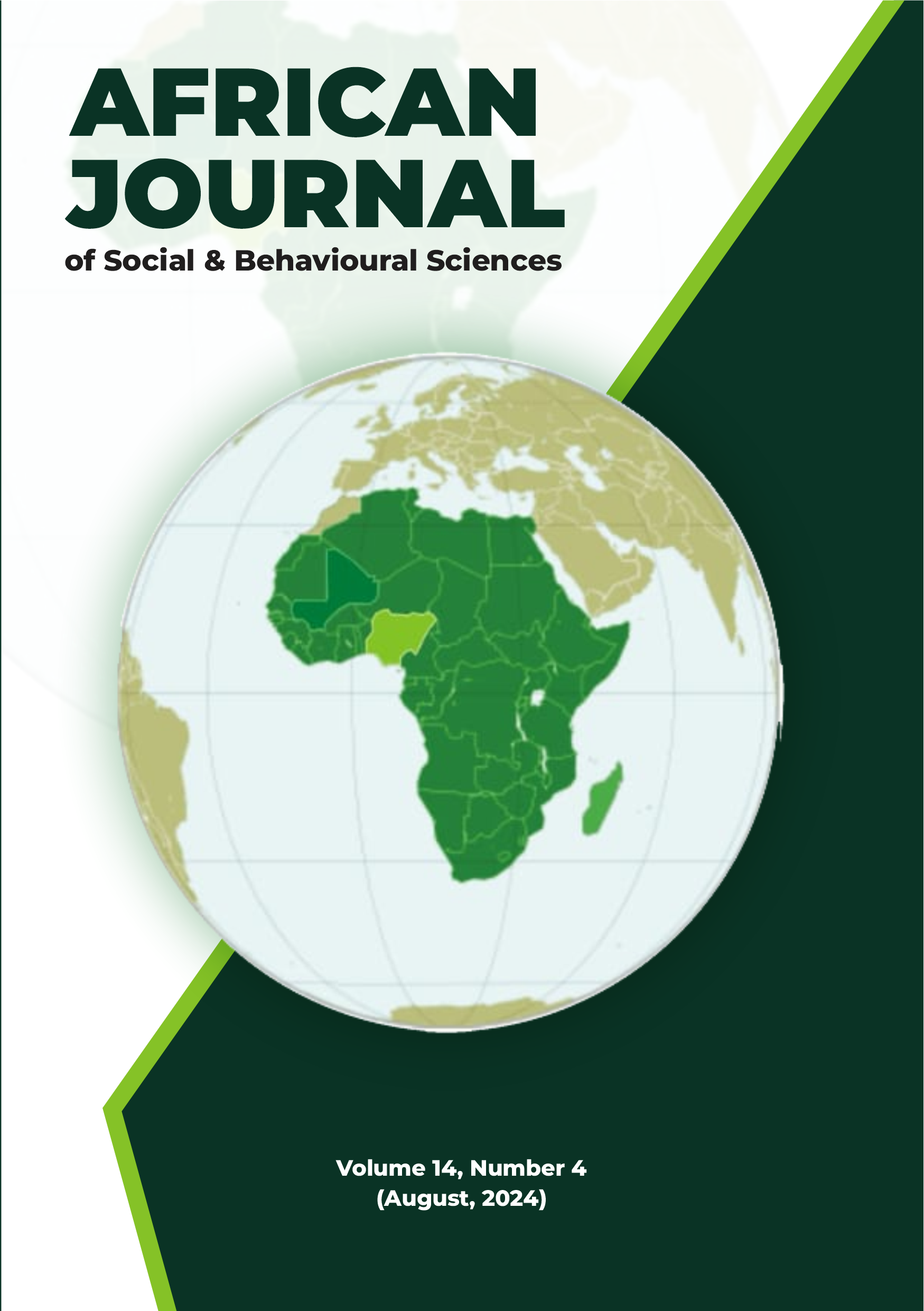POST-MORTEM OF THE END SARS PROTESTS AND LOOTING OF FOOD PALLIATIVES IN THE COVID-19 CIVIL CONFLICT AS THE FAILURE OF HUMANITARIAN INTERVENTION IN NIGERIA
Keywords:
Good Governance, Poverty Alleviation, Humanitarian Intervention, PovertyAbstract
This paper examined the civil conflict that emerged in the form of mass violent protests across Nigeria by mostly young people in response to the humanitarian intervention policies and programmes put in place by the government to ameliorate the social hardship and economic deprivation suffered by citizens in the wake of the lockdowns imposed to contain the surge of the COVID-19 pandemic in 2019. The methodology employed in this paper involves a desk review that engages both qualitative and quantitative instruments to generate and analyse secondary and primary data. Specifically, the Abuja Municipal Area Council of the Federal Capital Authority was used as the location of the study, as a total of 200 respondents who were randomly selected through purposive sampling techniques were administered questionnaires on the problem. In addition, the paper examined poverty alleviation programmes by successive governments and sought to establish a linkage between that and the subsequent civil disaffection over government humanitarian intervention. The findings revealed that there is a high rate of poverty and unemployment in the country among citizens that is endemic and caused by high-level corruption in the public sector and the global economic crisis triggered by the COVID-19 pandemic. In conclusion, the paper recommended that humanitarian intervention programmes be institutionalized by ensuring the effective continuity and sustainability of poverty alleviation programmes to mitigate social discontent.


